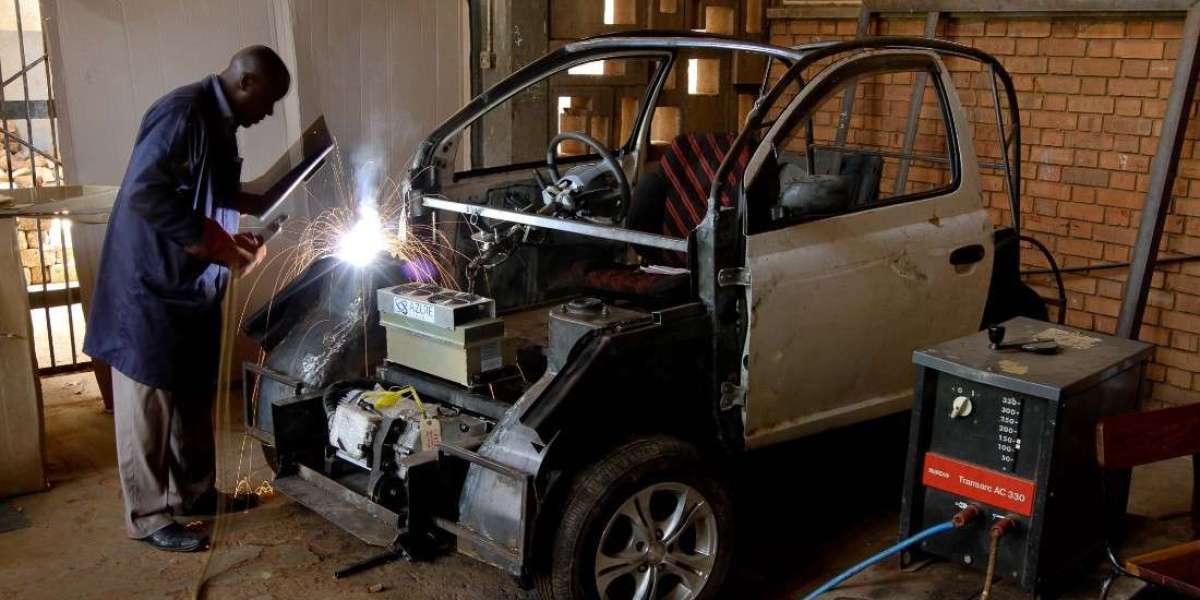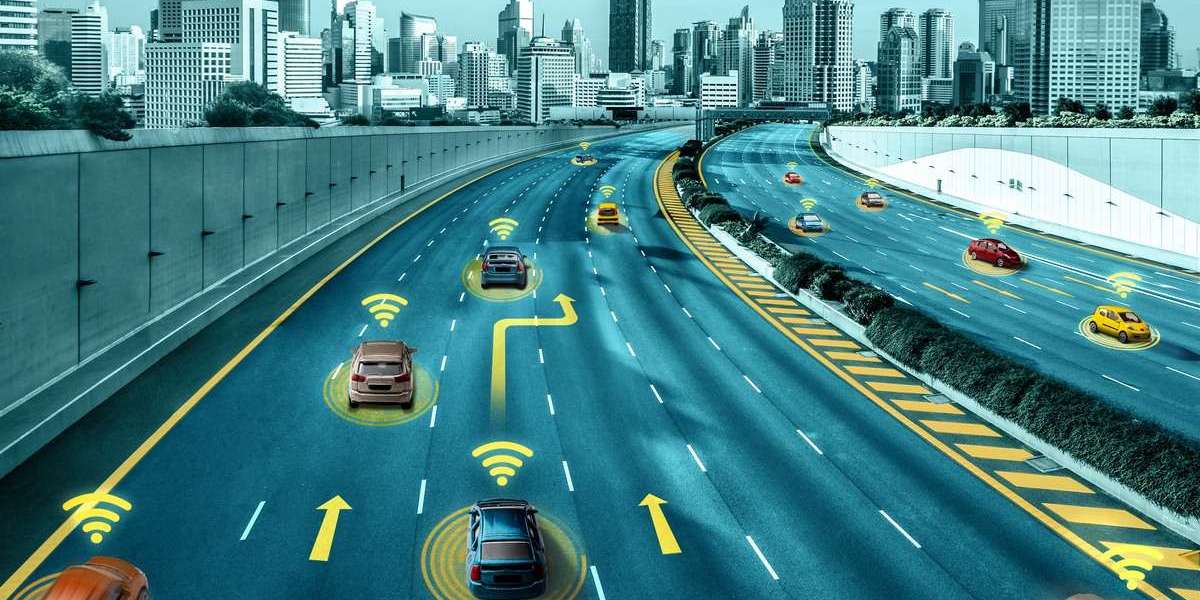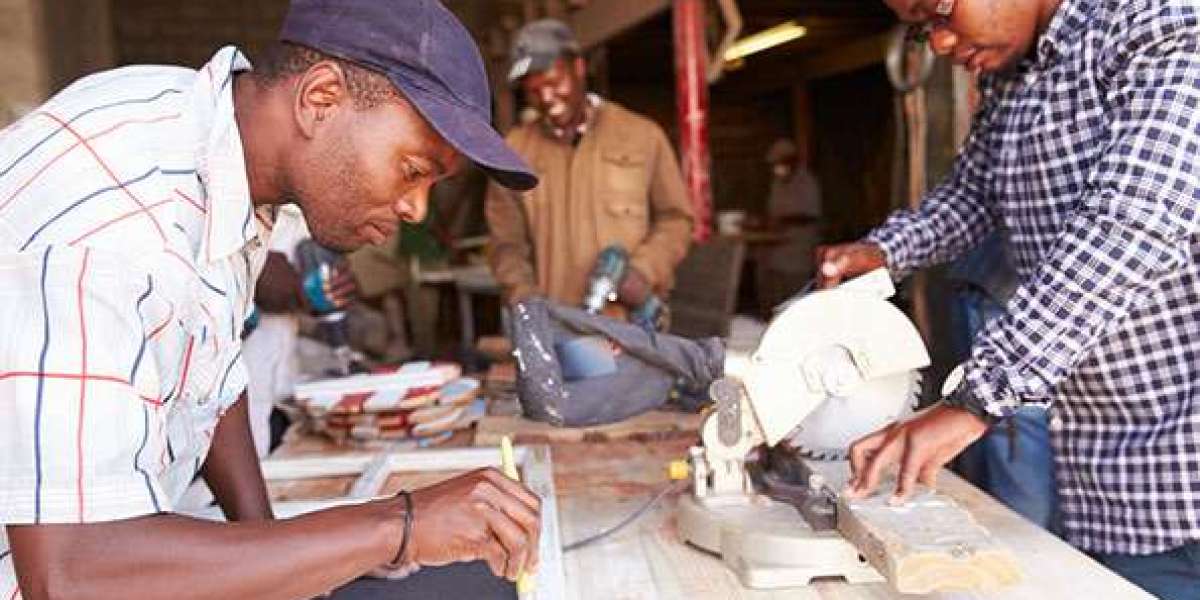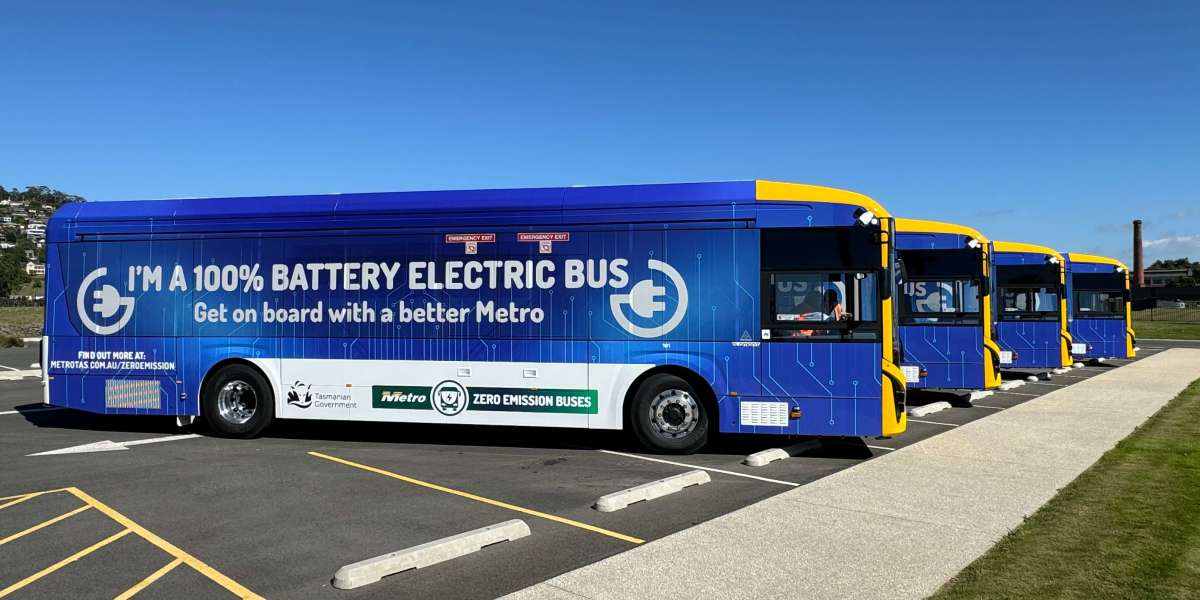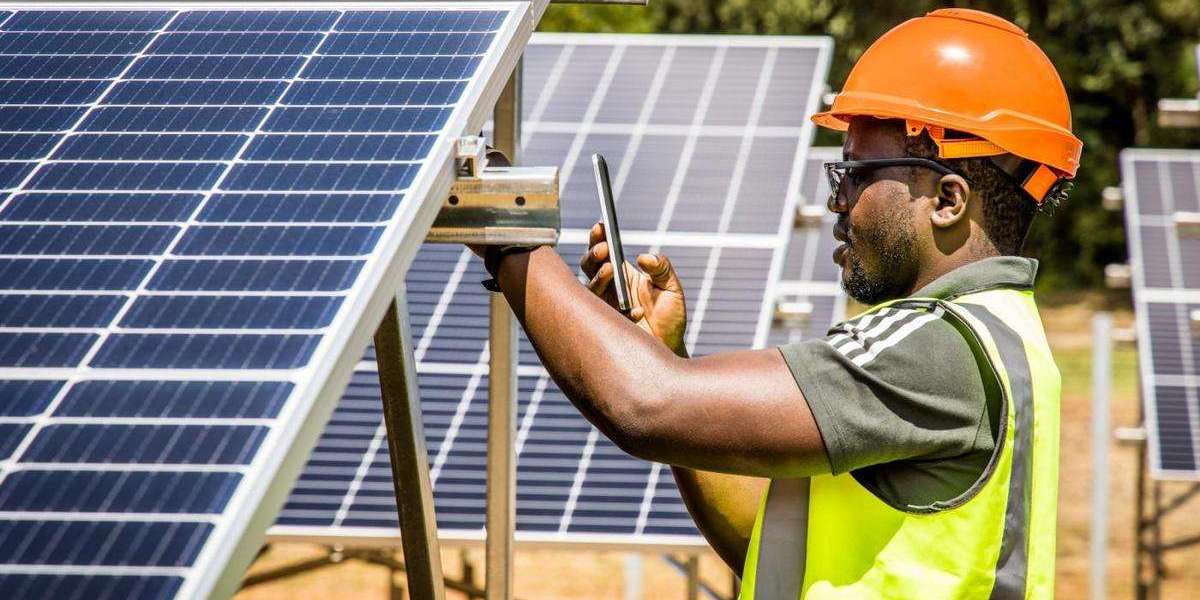Forget Silicon Valley. The next wave of disruptive innovation is happening on the streets of Kigali, Nairobi, and Lagos, and it runs on electricity.
For decades, the sound of the internal combustion engine has been the soundtrack to Africa's economic hustle. But a quiet revolution is underway. Electric mobility isn't just changing how people move; it's creating a powerful new ecosystem for entrepreneurs to build the future.
This isn't a story about luxury electric cars. It's about the two- and three-wheelers that are the lifeblood of urban Africa. For millions of motorcycle taxi drivers (boda-boda or moto-taxi), fuel and maintenance costs can eat up more than half of their daily income. Startups like Ampersand in Rwanda and Spiro, now in several countries, have cracked the code. By offering electric motorcycles coupled with a network of instant battery-swapping stations, they are fundamentally changing the economics for drivers.
Suddenly, drivers are saving up to 45% on daily costs. That's not just extra cash; it's capital to start another business, pay for school fees, or invest in a home.
This revolution is creating a ripple effect of opportunity:
Battery Swap Technicians: A new class of skilled jobs is emerging to manage and maintain battery stations.
Local Assembly Plants: To meet demand and lower costs, companies are beginning to assemble EVs on the continent, creating manufacturing jobs.
Fintech Integration: Pay-as-you-go and lease-to-own models are being developed, merging the worlds of finance and mobility.
The message is clear: the electric revolution in Africa is not just about clean air. It's about economic empowerment, driven from the ground up by bold entrepreneurs who see a greener, more prosperous future.
Article 2: Charging a Continent: Africa's Leap into a Greener, Smarter Future
What if Africa could build its transportation future without repeating the mistakes of the past? That's the promise of electric mobility, and it's happening now.
As Africa's cities grow at a staggering pace, they face a critical choice: follow the path of gridlock and pollution, or leapfrog directly to cleaner, smarter technologies. Increasingly, leaders, innovators, and citizens are choosing the latter. The electric vehicle is becoming a powerful symbol of a modern, sustainable, and forward-looking Africa.
Harnessing Africa's greatest natural resource—the sun—is key. Solar-powered charging stations are beginning to dot the landscape, offering a resilient solution to the continent's energy challenges. This synergy between renewable energy and electric transport creates a truly sustainable loop, reducing dependence on volatile global oil markets and leveraging local resources.
Countries are stepping up. Ethiopia, leveraging its massive hydroelectric power, has announced bold plans to restrict the import of gasoline-powered cars. Kenya has reduced taxes on EVs, and Rwanda is a global leader in creating a supportive policy environment for e-mobility.
But this is more than just policy. It's about creating cities that are more livable. Imagine Lagos or Cairo with significantly less smog, or the streets of Kampala free from the roar of petrol engines. Electric buses in cities like Dakar are already offering a quieter, cleaner commute.
The transition to EVs is Africa's opportunity to lead in the global green economy, demonstrating how sustainable development can drive progress and improve the quality of life for millions.
Article 3: "My Earnings Have Doubled": The Human Story Behind Africa's EV Revolution
For David, a motorcycle taxi driver in Nairobi, the switch was a leap of faith. Now, he can't imagine going back.
"The price of petrol was killing my business," he explains, pointing to his sleek, silent electric motorcycle. "Now, I just swap my battery in two minutes. It's cheaper, the bike is faster, and my customers love the quiet ride. My earnings have nearly doubled."
David's story is becoming increasingly common across Africa. The electric vehicle revolution isn't a top-down corporate movement; it's a grassroots transformation driven by the tangible, life-changing benefits it offers to everyday people.
While headlines often focus on the challenges—the lack of charging infrastructure, the high upfront cost—a wave of local innovation is providing clever solutions:
Battery-as-a-Service: By separating the cost of the battery from the vehicle, companies are making EVs affordable. Drivers don't own the battery; they simply pay a small fee to swap a depleted one for a full one.
Mobile Charging Solutions: In areas with unreliable grids, some startups are deploying mobile, solar-powered charging vans to meet drivers where they are.
Pay-as-you-go Models: Integrated with mobile money, these financing plans allow drivers to pay for their vehicles in small, daily increments, mirroring their earning patterns.
This isn't about waiting for a perfect system. It's about building one, piece by piece, with ingenuity and a deep understanding of local needs. The success of EVs in Africa will be measured not by the number of charging points on a map, but by the number of lives, like David's, that are transformed for the better.
